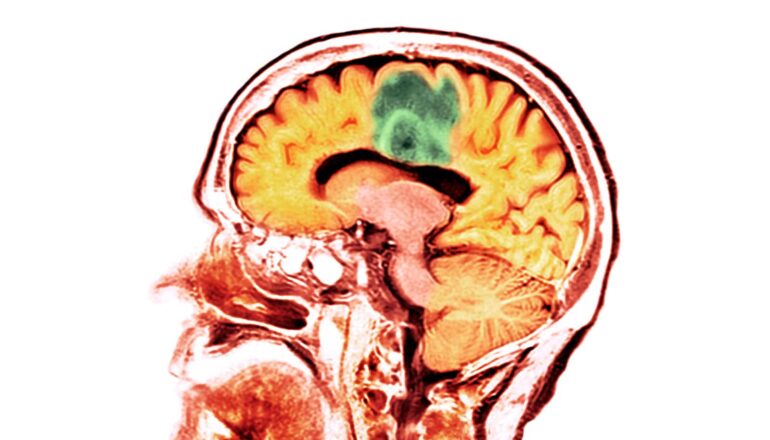Traumatic brain injury ups risk for brain cancer
- A new study found that adults who have suffered a moderate-to-severe traumatic brain injury (TBI) are more likely to develop brain cancer.
- The study, which examined over 150,000 civilian adults, found that patients with a mild TBI were not associated with a greater risk for brain cancer, but those with a moderate to severe TBI were 50% more likely to develop a malignant brain tumor.
- The researchers believe that the increased risk of brain cancer after a moderate-to-severe TBI may be due to disruptions in metabolic processes or an increase in inflammatory responses in the brain and nervous system.
- The study’s findings suggest that patients with a medical history of a TBI could be screened for tumor growth, potentially leading to earlier detection and treatment of brain tumors, which would improve patient outcomes.
- The research appears in the Journal of the American Medical Association and presents an opportunity for further investigation into the specific types of malignant brain tumors linked to TBIs.

A new study reveals that adults who have suffered a moderate-to-severe traumatic brain injury are more likely to develop brain cancer.
A previous study found that veterans who had suffered a traumatic brain injury (TBI) while serving were more likely to develop brain tumors, but Ross Zafonte from the University of Missouri School of Medicine and a team of researchers from across the country wanted to examine the connection between TBI and brain cancer in the civilian population.
“Military servicemen experience unique circumstances that civilians do not, like possible toxin exposures or stressors from combat, which may increase the risk of tumor development,” Zafonte says.
“That’s why we wanted to examine a larger group of non-military TBI patients to determine if outcomes mirrored those of our military patients.”
Zafonte’s team examined more than 150-thousand civilian adults across three health systems, making this the largest and most varied study to date looking at a possible connection between brain tumor development and a history of TBI. They found that while patients with a mild TBI were not associated with a greater risk for brain cancer, patients who suffered a moderate to severe TBI were 50% more likely to develop a malignant brain tumor.
“Why moderate-to-severe TBIs increase the risk of tumors is not well-understood,” Zafonte says. “This could be because of disruptions in metabolic processes or an increase in inflammatory responses in the brain and nervous system.”
These findings may present an opportunity to identify brain tumors earlier. Patients with a medical history of a TBI could be screened for tumor growth, and the early detection of cancer would make it much more treatable and consequently improve patient outcomes. The study did not distinguish between different types of malignant brain tumors, though, and presents a research opportunity to see if there is a specific type linked to TBIs.
The research appears in the Journal of the American Medical Association.
Additional coauthors are from Brigham and Women’s Hospital and the University of Missouri.
Source: University of Missouri
The post Traumatic brain injury ups risk for brain cancer appeared first on Futurity.
